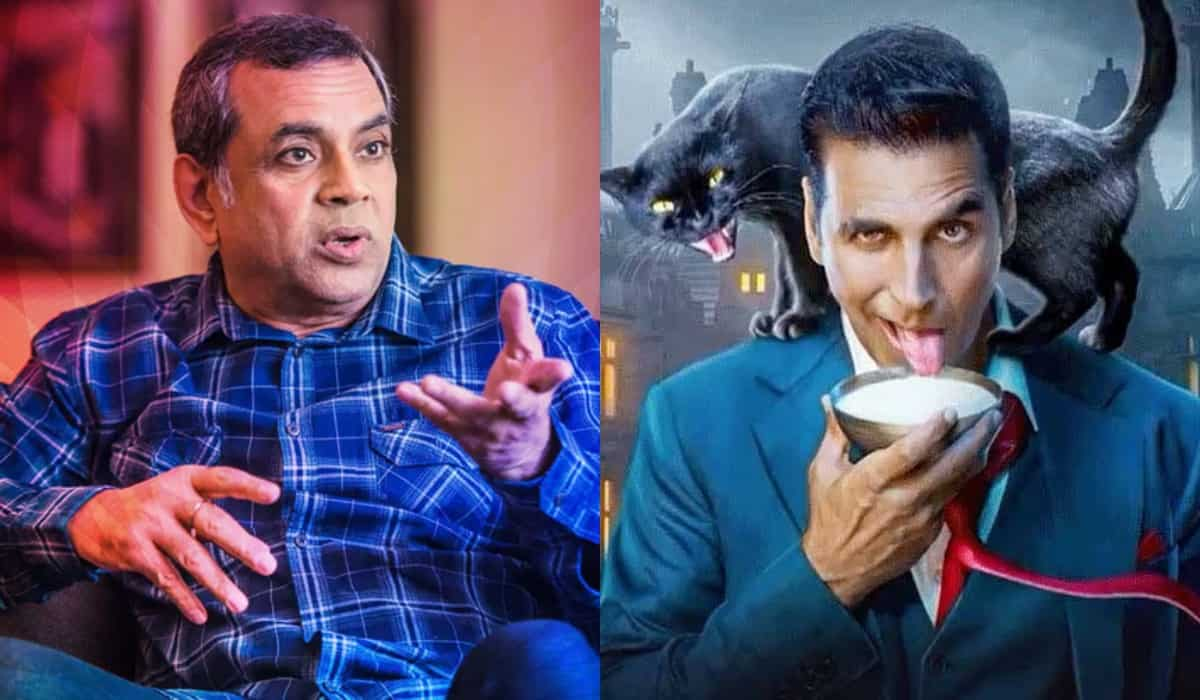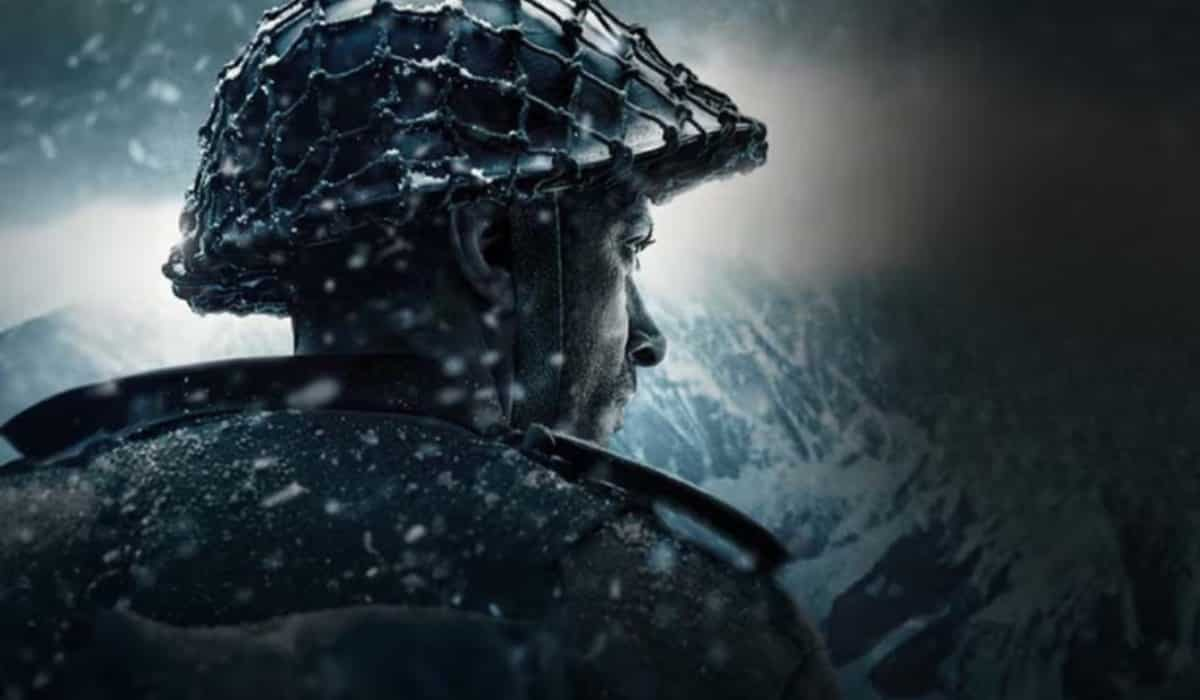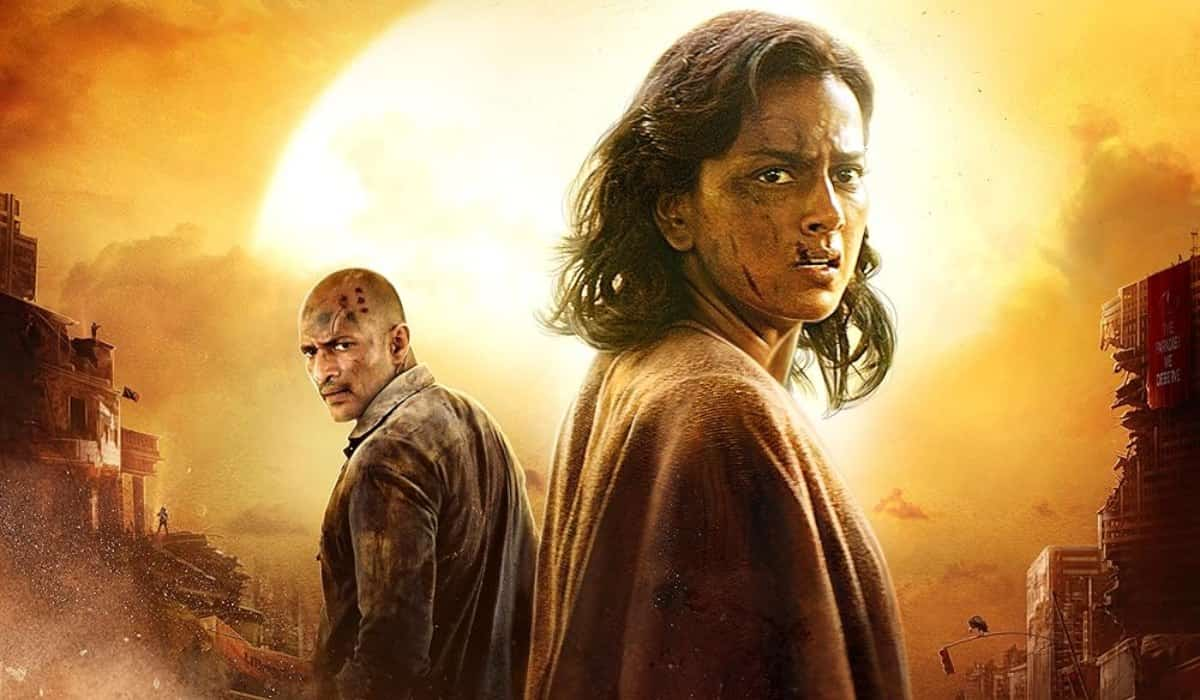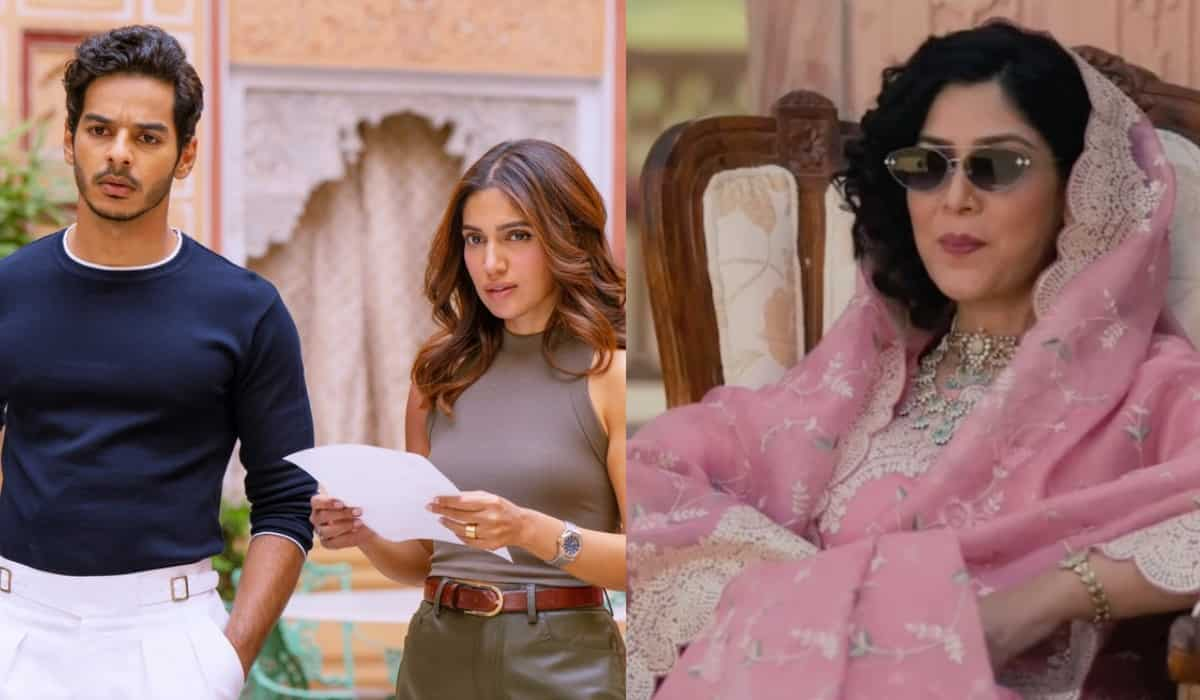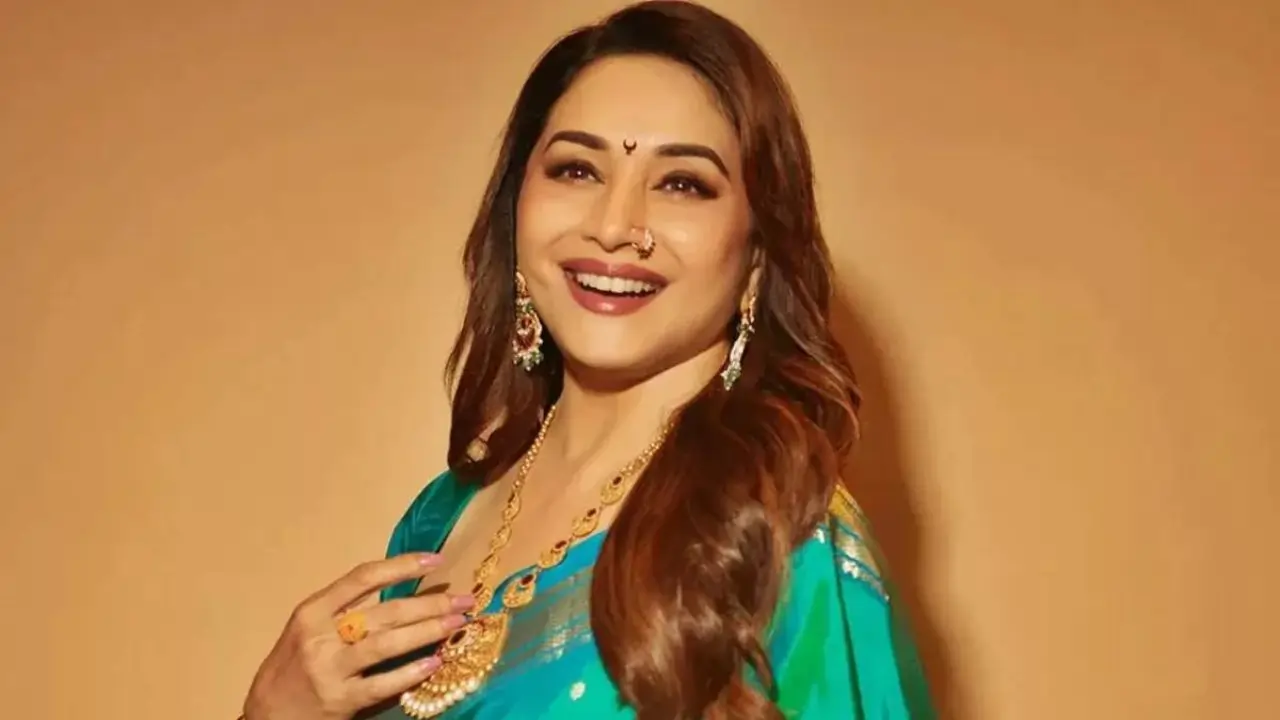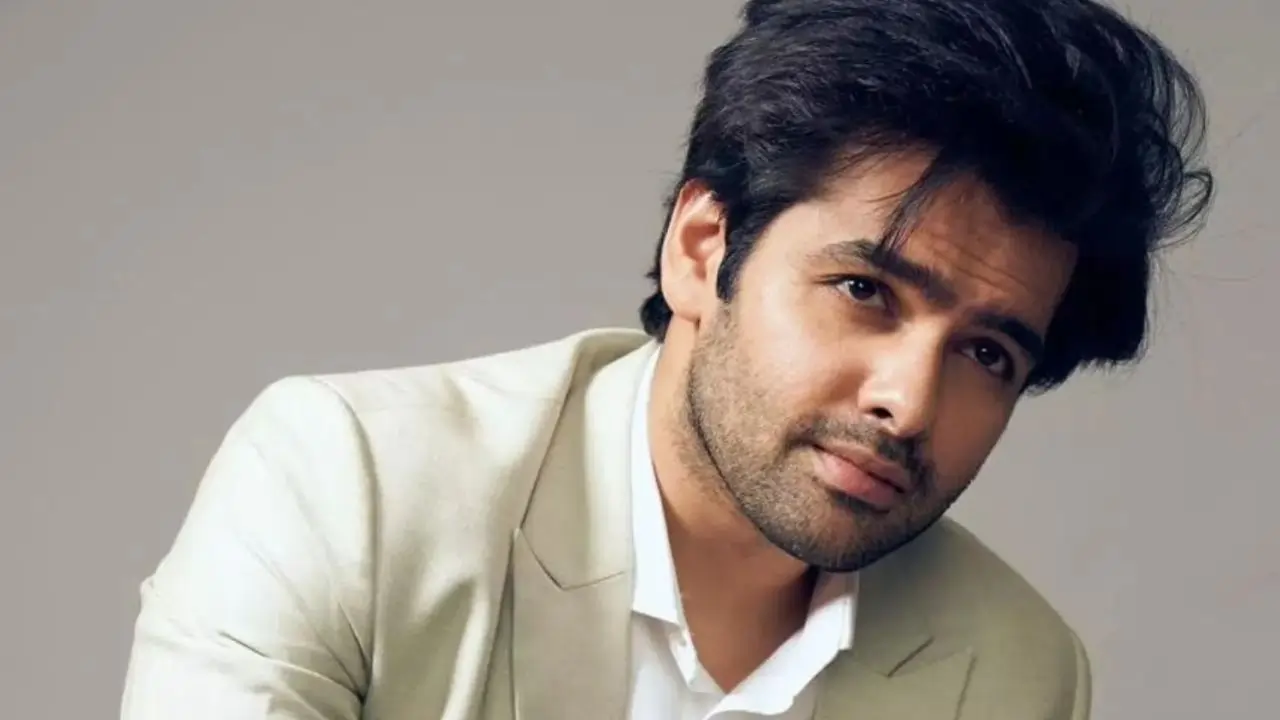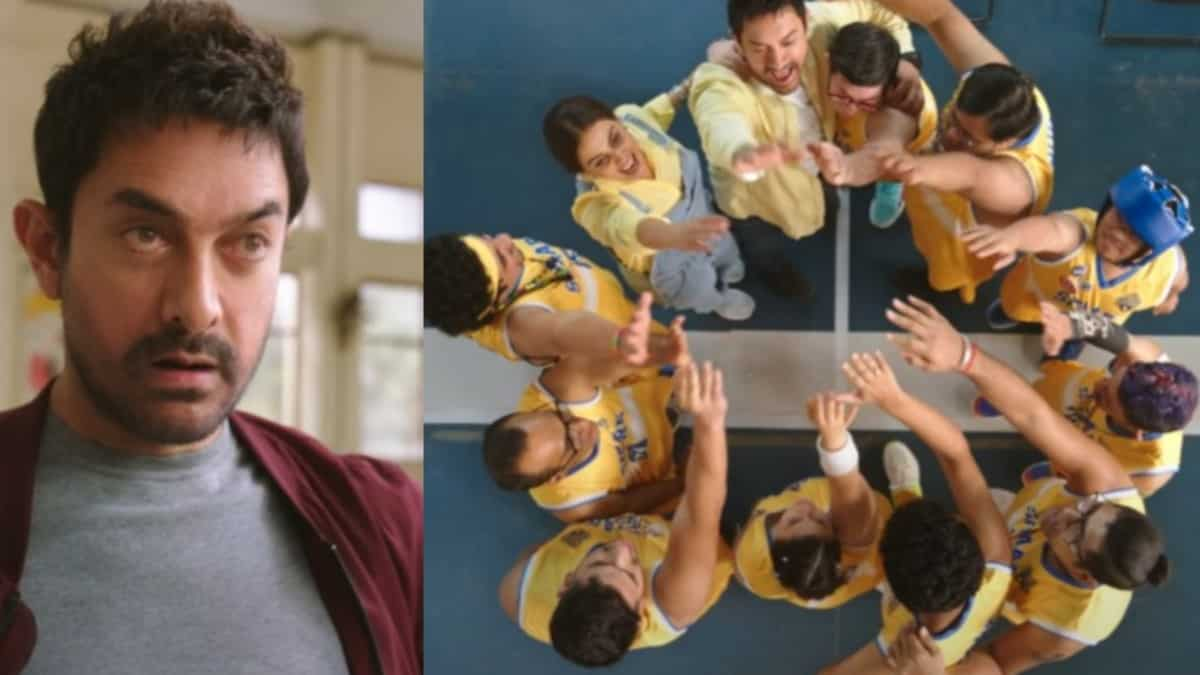
Puratawn Review: Sharmila Tagore’s Masterful Portrayal of a Woman Losing Her Memory
27 days ago | 5 Views
Review of Puratawn (The Ancient)
Starring: Sharmila Tagore, Rituparna Sengupta, Indraneil Sengupta, Brishti Ray
Directed by: Suman Ghosh
Star rating: 3.5 out of 5
Sharmila Tagore has always been a captivating figure on screen. Throughout her career, she has balanced mainstream commercial roles in the 70s with powerful performances in critically acclaimed films alongside directors like Satyajit Ray. The camera adores her, and this is especially clear in Suman Ghosh's Puratawn (The Ancient), which presents her with a striking and insightful perspective. Sharmila infuses this role with a lifetime of experience and vulnerability, delivering a performance that feels like the pinnacle of her career.
In the film, she portrays an octogenarian grappling with memory loss. Is she facing dementia? What makes her so fearful of confronting the present? Instead of clinically detailing her health decline, Puratawn emphasizes her relationship with her daughter Ritika (Rituparna Sengupta). While Ritika tries to maintain a practical approach to her work and life, she struggles with the emotional fallout from her recent separation from her husband Rajeev (Indraneil Sengupta).
A woman from another time
In Puratawn, we meet a woman who may be grappling with Alzheimer’s, often forgetting things and questioning her surroundings. The film kicks off with a tense, continuous shot of Heera, the house help (played well by Brishti Ray), as she dashes through the rooms and hallways, eventually making her way downstairs just as a storm stirs up the fallen leaves in the garden. There, she discovers the woman patiently waiting for her daughter’s arrival. As the story unfolds, viewers will see this woman in contrasting states—either sitting quietly in her room or on a quest for something important, like her wedding jewelry, old letters, or a cherished photo album.
Sharmila Tagore portrays a woman desperately clinging to her cherished memories. In a particularly poignant moment, she wrongly accuses the housekeeper of stealing her jewelry, only to discover it tucked away in the cupboard moments later. When Ritika confronts her about the false accusation, Tagore's expression turns blank, reflecting her confusion—what did she do wrong? She can't recall. Tagore delivers this scene with remarkable clarity and finesse.
Meanwhile, another storyline explores Ritika's evolving relationship with Rajeev. From their early conversations to a deeper connection, Ghosh skillfully outlines Ritika's past as she returns to her ancestral home in Konnagar to celebrate her 80th birthday. Ritika watches her mother deteriorate from a painful distance, grappling with how to help her and what might bring her comfort. At times, this parallel storyline feels a bit drawn out, which can slow the film's pace. Rituparna brings a thoughtful presence as the voice of reason, creating a beautifully subtle chemistry with Indraneil, especially during their dinner scenes.
A guide to Anthony Hopkins' The Father
The film really comes to life when Sharmila is on screen. Her performance resonates with Anthony Hopkins' role in The Father. In that 2020 film, Hopkins' character experiences similar confusing time shifts and emotional outbursts, which his daughter Anne (played by Olivia Colman) witnesses.
In Puratawn, the woman's decline unfolds in a more subtle and nuanced way. A subplot about a long-standing family dynamic is cleverly woven in, as Ritika attempts to piece together her childhood memories. "She was never a woman of mysteries," Ritika reflects on her mother. Yet, she was also a wife before she became a mother, and a caretaker for her family's needs. Ritika can only understand her mother from afar, never truly knowing her.
The body tells the story
One of the most striking visuals in the film features intense close-ups of the veteran actor's exposed skin. Ravi Kiran Ayyagari’s camera focuses on the wrinkles of her arm as she naps in the afternoon, tracing the lines with a sense of reverence. These shots contrast sharply with the crumbling walls of her ancestral home, skillfully edited by Aditya Vikram Sengupta. Her body tells a story, reflecting a lifetime of seasonal changes and experiences. Puratawn urges viewers to notice these details, weaving together remnants of the past with the present, blending personal narratives with socio-political themes. It leaves audiences with a renewed sense of duty and hope for the current generation to stay connected to their heritage.
Tagore shines brightly whenever the camera captures her, maintaining her composure and focus. Her character undergoes a profound transformation, gradually losing herself, hurt by her loved ones' inability to fully understand her. The actor has suggested that Puratawn might be her last Bengali film due to health issues, and if that’s true, what a stunning farewell performance this is! Her face, marked by age and experience, radiates a vulnerability that comes from truly living. It’s a bold and poignant portrayal, where Tagore seems to draw from deep within—holding secrets and sorrow, yet revealing them in subtle moments of surrender. Puratawn seeks to cherish these instances, conveying that life is meaningful despite its inconsistencies and enigmas.
Read Also: Khauf Review: A Haunting Horror Drama Where Patriarchy Shadows More Than Spirits
Get the latest Bollywood entertainment news, trending celebrity news, latest celebrity news, new movie reviews, latest entertainment news, latest Bollywood news, and Bollywood celebrity fashion & style updates!
HOW DID YOU LIKE THIS ARTICLE? CHOOSE YOUR EMOTICON!
#


